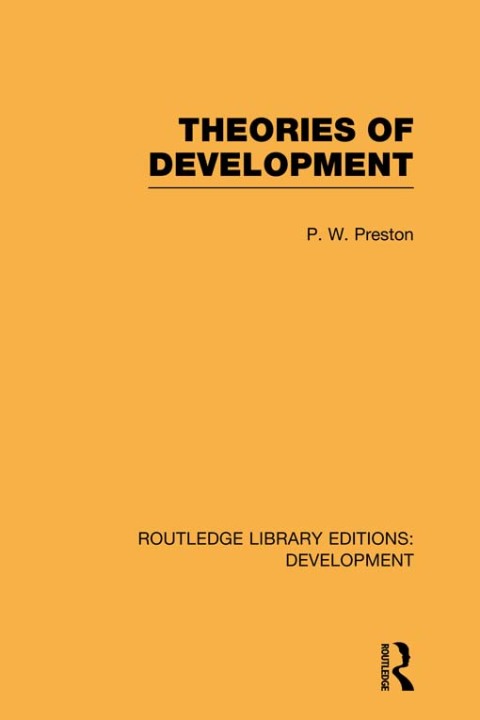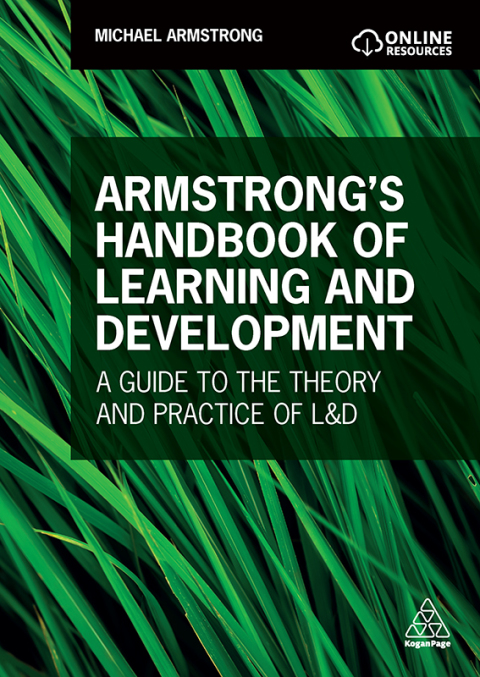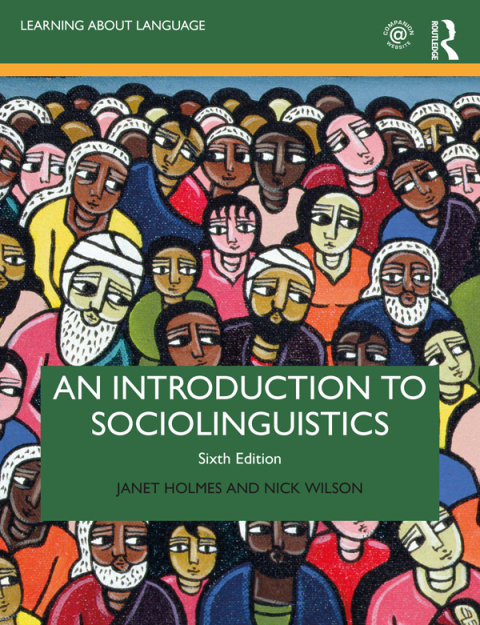Description
Efnisyfirlit
- Cover Page
- Half Title page
- Title Page
- Copyright Page
- Original Title Page
- Original Copyright Page
- Half Title page
- Contents
- Acknowledgments
- Abbreviations
- Part I Prologue
- 1 The scope and concerns of the study
- A Point of Departure
- 1.0 The Constitution of The ‘Object’ of Study and The Method Appropriate Thereto
- 1.1
- 1.2
- 1.3
- 1.4
- 2.0 Received Wisdom: Some Suppositions of Our Study
- 2.1
- 2.2
- 2.3
- 3.0 A Programme for The Rest of The Study
- 2 The idea of development
- Introduction
- 1.0 The Origins of The Idea of Progress
- 2.0 The Scope of The Idea of Progress
- 3.0 The Idea of Development In Treatments of Matters of The Third World
- 3.1
- 3.2
- 3.3
- 4.0 Concluding Note: Some Criticisms Rebutted
- Part II The ‘positivists’
- 3 The crystallization of the positivist orhtodoxy, 1943–55
- 1.0 Dynamic of Society: The Occasion of Theoriing
- 1.1 Economic theory and the Keynesian revolution
- 1.2 The political and economic context for post-war thinking about development
- 1.3 The economic recovery of Western Europe
- 1.4 Summary
- 2.0 Dynamic of Theory I: The Nature of The Orthodoxy—The Notion of ‘intervention
- 2.1 Growth theory: ‘intervention’ legitimated
- 2.2 Planning: ‘intervention’ organized
- 2.3 Aid: the lowest tier, ‘intervention’ implemented
- 2.4 Summary of section 2
- 3.0 Dynamic of Theory Ii: Early Practice, Keynes Exported
- 3.1 The 1951 UN report
- 3.2 An early general statement: Arthur Lewis
- 3.3 Concluding note
- 4 The positivist high tide: ‘modernization theory’
- 1.0 Introduction
- 2.0 Dynamic of Society: The Occasion of ‘Modernization’
- 2.1
- 2.2
- 2.3
- 3.0 Dynamic of Theory I: Further Developments In The Work of The Economists
- 4.0 Dynamic of Theory Ii: ‘Modernization Theory’, A New Master Scientist
- 4.1
- 4.2
- 5.0 Dynamic of Theory III: The Apogee of ‘Modern-Ization’
- 5.1
- 5.2
- 5.3
- Part III The ‘radicals’
- 5 The contribution of the ‘neo-institutionalists’
- Dynamic of society i: an underlying divergence
- Dynamic of society ii: greater divergence
- 2.1 Dynamic of theory i: decolonization and its legitimating theorem
- 2.11
- 2.12
- 2.13
- Dynamic of theory ii: the proximate intellectual source of the european efforts
- 3.1 What is ‘institutional’ economics?
- Myrdal and institutionalism
- The strategic use of the resources of the social sciences
- 3.4 The treatment of ‘values’: the role of the theorist
- 3.5 Policy—planning and the ‘soft-state’
- 4.0 Dynamic of Theory Iii: The Status of Neo Institutional Social Theory
- 4.1
- 4.2
- 6 Disciplinary independence and theoretical progressivity
- 1.0 Preamble
- 2.0 Disciplinary Independence
- 2.1 Form and intent
- 2.2 ‘Dependency’ and the supersession of the conventional wisdom: a problem misconstrued
- 2.3 Disciplinary independence—a chimera?
- 3.0 Progress In Conceptualization
- 3.1 The argument from a sequence
- 3.2 The argument from paradigms
- Part IV The ‘marxists’
- 7 Elements of the renewal of interest in marxian scholarship: the treatments of the Third World
- 1.0 Introductory Remarks
- 2.0 Dynamic of Society: The Occasion for The Renewal of Interest In Marxian Scholarship
- 2.1 Pressures for renewal of interest in Marx I: internal /immediate
- 2.2 Pressures for renewal of interest in Marx II: external/ adoptive
- 3.0 Dynamic of Theory I: New Left Theorizing and The Third World
- 3.1 Are there significant analogies?
- 3.2 Theorists, practitioners, interpreters: Fanon and Debray
- 3.3 Summary note
- 4.0 Dynamic of Theory II: ‘neo-marxism’
- 4.1 From activists to scholars
- 4.2 The contested core of ‘neo-marxism’
- 4.21 Objections to the moral critique of capitalism
- 4. 22 Objections to the historical schema used
- 4. 23 Objections to the notion of‘economic surplus’
- 4. 24 Objections to the notion of‘development’
- 4.25 Objections to the reduction of ‘class’ to ‘market’
- 4.26 An unhelpful politics
- 4.3 Summary note
- Part V Concluding remarks
- 8 Social theorizing and the matter of the Third World
- 1.0 A Statement of The Concerns of Chapter 8
- 2.0 Political Economy
- 2.1 The style of political economy
- 2.2 The character of argument in political economy
- 2.3 Implied criteria of explanatory adequacy
- 2.4 Summary note
- 3.0 Critique
- 4.0 The Political Economy of Dependent Capitalism
- 5.0 Democratic-Critical Engagement
- 6.0 Epilogue
- Notes
- Notes
- Notes
- Notes
- Notes
- Notes
- Notes
- Notes
- Notes
- Notes
- Notes
- Notes
- Bibliography
- Index






Reviews
There are no reviews yet.